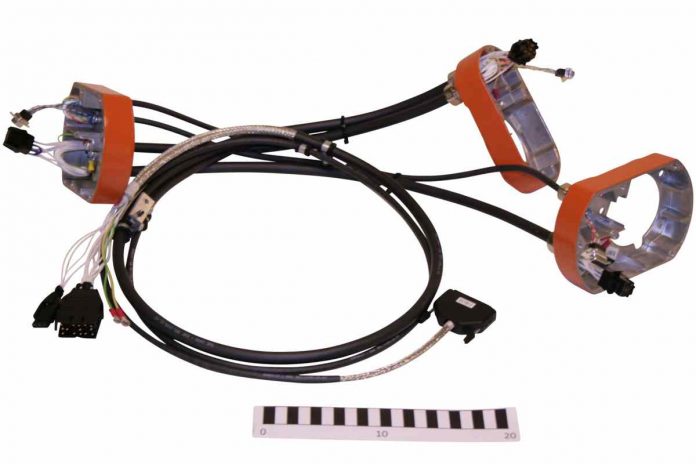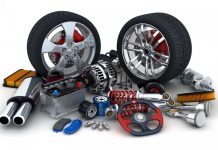One of the most complex machines we use in our daily lives is the automobile. Whether a race car or a truck, these sleek machines are testament to man’s quest for perfection and his craft. As a superior machine it also needs the best components, including the best of automotive cables India.
While the fuel may give it the energy to move, the wires are the arteries and veins, making sure that it actually does move. Modern vehicles largely run on signals and these signals are spread throughout the body of a car. The cable or wire harness of a car’s body today is what makes it such a superior machine, able to run at your command.
Automotive Cables: The Information Highway
The wires and cables in a modern automobile no longer just connect the engine to the steering wheel, lower windows or light up the headlights. This network decides the safety, security, stability, temperature and the many tiny details that make the modern automobile such a marvel of engineering. There are now different networks and each decides the smooth functioning of the vehicle. Not only does it help in sensory and monitoring system of the automobile, it also helps in information sharing. A modern vehicle is an artificial creatures that need sensory systems to guide it, a shared information pathway to coordinate functions and a monitoring system that keeps everything in check. Cables are the pathways that make all this possible.
Understanding Automotive Cables
The wires and cables in an automobile have a distinct character and should not be confused with the cables that we use at home. These cables operate under harsher condition where these are exposed to heat, grease, chemicals and vibrations. A slight irregularity can have serious consequences, even causing fire. Automotive cables can be broadly divided in two categories: Cross-Linked and PVC. Cross-linked cables have better heat resistance than PVC wires. There are further three main types under each category. These are:
Cross-linked cables
These cables are cross-linked in high heat and pressure conditions. This gives them better insulation. As a result these cables have a high tolerance to heat.
GXL
This is a primary automotive wires. It has a bare copper wire for conductor. The insulation is a cross-linked polyethylene, which is thin walled. It has a very high resistance to temperature fluctuations and can withstand temperatures of -51°C to +125°C. Because of its resistance to heat, it is used in engines.
SXL
Like the GXL cables, SXL is also used in engines where high tolerance to heat is required. These cables withstand heat up to125 °C. It has a bare copper conductor with a thin-walled insulation of cross-linked polyethylene.
TXL
The TXL cable has extra thin walls. It also has a bare copper core thin cross-linked polyethylene insulation. Thin walls mean that the cable has a small diameter. This cable is used where lightweight and thin wiring is required. TXL cables also have a high heat resistance.
PVC cables
As the name suggests, the PVC cables have PVC insulation.
GPT
These are the most commonly found automotive cables in India. It has a multi stranded core. It also has a flexible insulation, which makes it ideal for fitting and pulling through tight spaces. The temperature range of GPT cables is -40 o C to 80°C. Although, you may find some cables rated at 105 °C. GPT has a high resistance to chemicals, acids, and oils.
TWP
Or Thin Wall Thermoplastic Wires obviously gets its name from its very thin walls. This gives the cables a very small diameter, which in turn means low weight. Hence, these cables are used where weight and space is consideration.
HDT Or Heavy Duty Thermoplastic cables
As the name suggest, these cables are used for complex heavy duty operations. These are usually used for surface wiring and hence, must have high resistance to external factors. The temperature range of HDT cableis 40º C — 80°C and the voltage rating is 60 Volts.
Conclusion
Used in automobiles, automotive cables in India are critical for any automobile’s function, forming its information network. Automotive cables have high resistance to heat, chemicals and grease.













